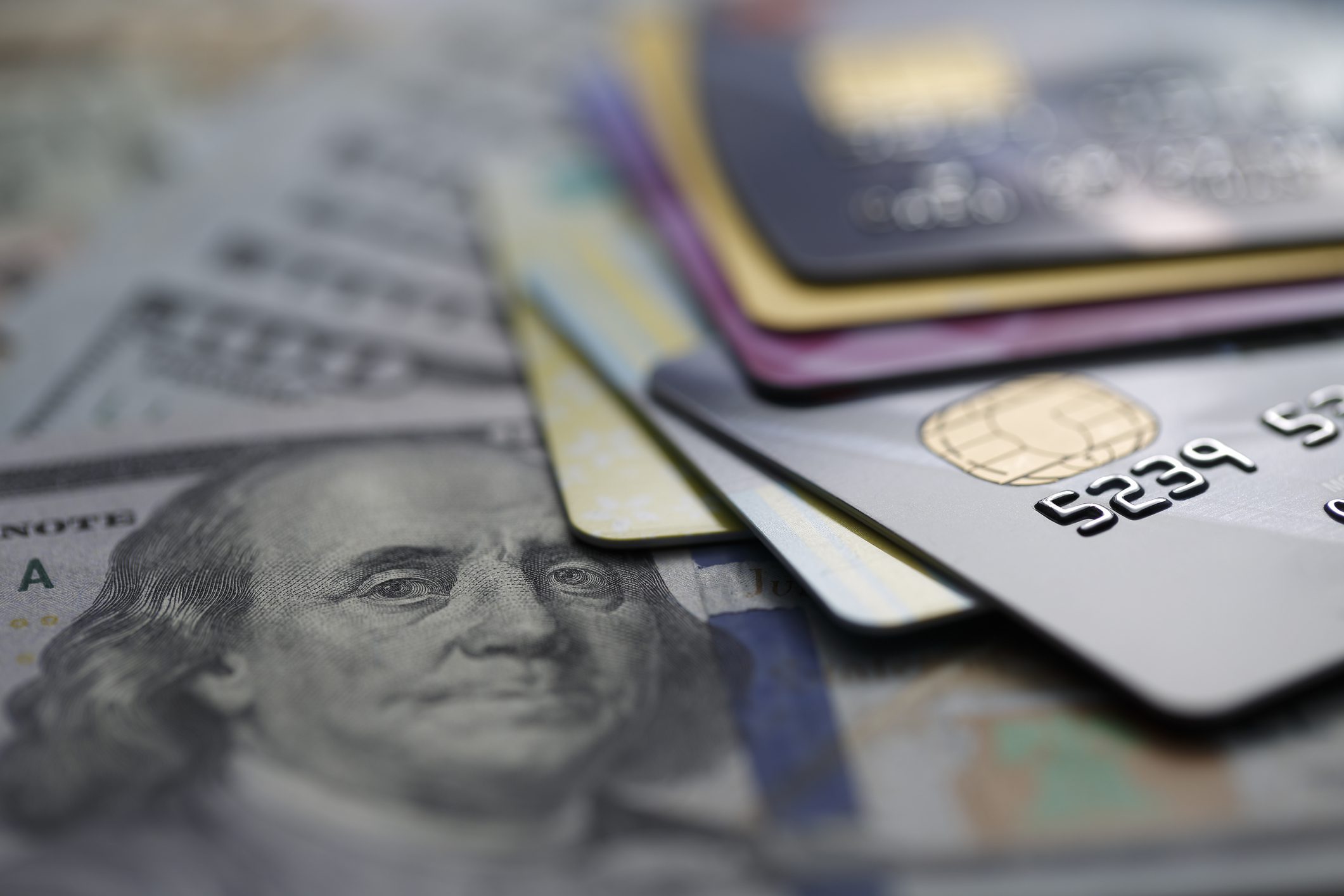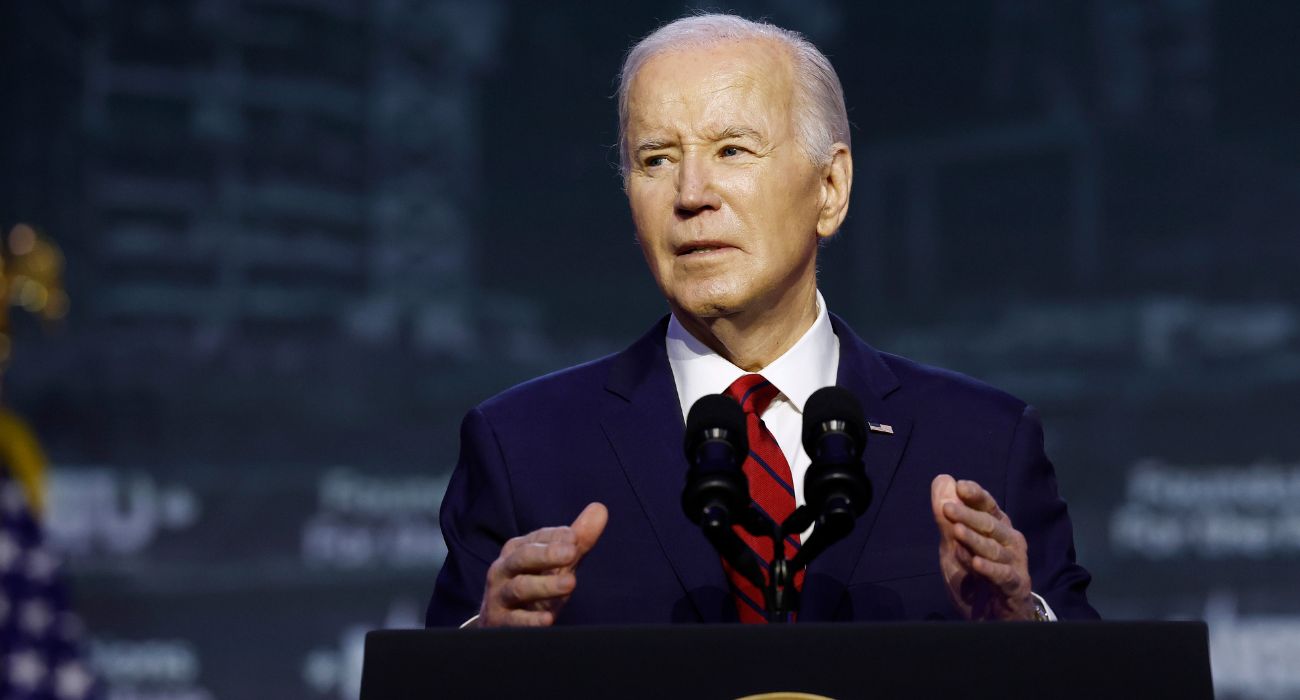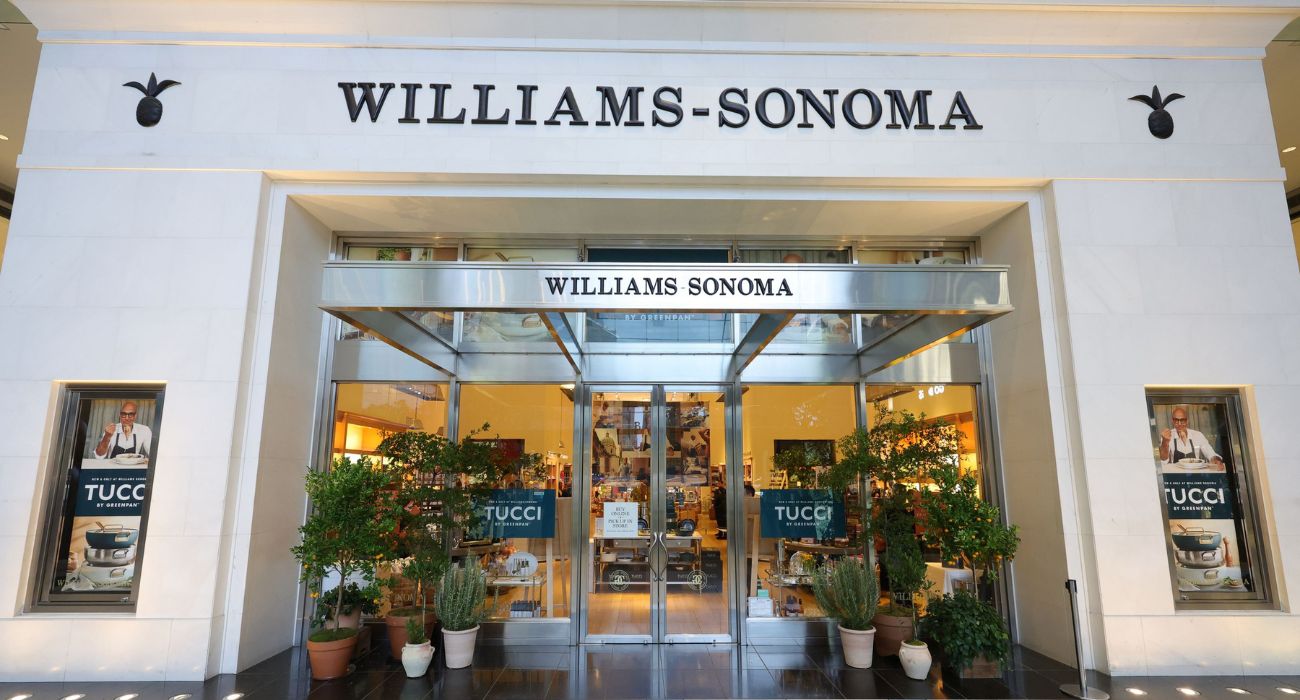Mortgage rates aren’t as low as they used to be. In recent days, inflation has been increasing, and the 30-year fixed-rate mortgage climbed to a new high, the Washington Post reports. The last time the rate rose to this height was in May of 2019. Despite inflation and increased costs, consumer spending remains high; the Federal Reserve is doing what it can to slow consumer spending and bring inflation down.
According to Freddie Mac, the 30-year fixed-rate mortgage jumped to 4.16%, with an average of 0.8 points. A point is a fee paid to the lender equal to 1% of the loan amount and is paid in addition to the interest. This rate was 3.85 % last week, and it was 3.09% in 2021.
After several months of prediction, the Federal Reserve finally raised interest rates on March 16 to calm the inflation that has been persistent these past weeks, according to the Washington Post. In that time, prices increased faster than they have in at least forty years. Americans have been paying higher fees for many things, including gas, food, housing, and usual expenses. Even though people may have received raises these past months, inflation has been wiping their monetary gains.
In February, Americans began to pay more for their purchased items as inflation climbed by 7.9%. It costs them more to buy milk, pasta, lamps, and shoes. Still, the economy is booming at the same time. Unemployment, at 3.8%, is approaching pre-pandemic lows, allowing the Federal Reserve to ease up a notch.
“It is appropriate for us to move ahead,” Federal Reserve Chair Jerome H. Powell told lawmakers early in March. “Inflation is high, too high. The committee is committed to using our tools to bring it back down.”
However, this transformation will not be without ramifications. The Federal Reserve increasing interest rates will affect consumers and businesses.
For example, banks will be charged more for borrowing money, passing these increases onto consumers when they apply for mortgages or loans. Then, the housing market will be affected by the rise in rates.
Also, people are not going to be able to afford to purchase big-ticket items, according to Jeffrey Bergstrand, Professor of Finance in the Mendoza College of Business at the University of Notre Dame. When this occurs, the economy will slow down in the process. Bergstrand added that it would take a while for the long-term interest rate hike to go through the entire economy, but it will slow consumer spending throughout the process.






